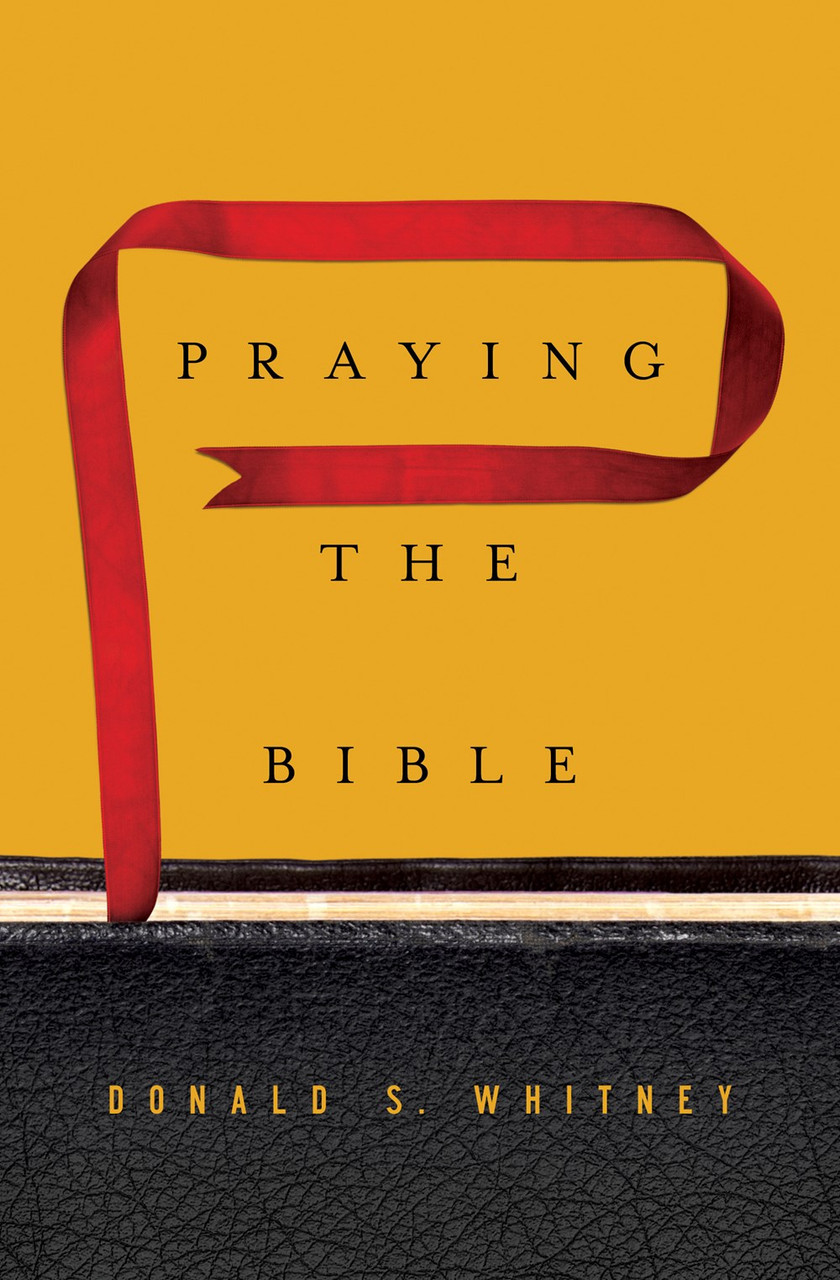
One of the hardest disciplines in running a long-distance race is knowing how to pace yourself. The temptation is to start strong, run fast, keep up with the runners around you and never look back. As good as that sounds, this sort of strategy is not always easy. Finding a consistent pace between too slow and too fast is vital for endurance, not only for an athlete but for a Christian as well. The problem is, among Christian men, especially those who are committed to serving in the local church, there is a trend to fade before the race is over. It is this concern that David Murray addresses in this book titled, Reset: Living a Grace-Paced Life in a Burnout Culture.
Written from personal experience, David Murray addresses the concern that he has for burnout. Though this book is primarily written for men who are in Christian ministry, it can easily apply to all men who are in need of a sort of ‘reset’ to their lives. Murray’s goal in writing this book is to help Christian ministry leaders “…avoid crashing, or recover from it, by establishing patterns and rhythms that will help (them) live a grace-paced life…” (24). The hope is that through living a grace-paced life, men might learn the “healthy balance of grace motivation and grace moderation” (17). Murray seeks to accomplish this goal by providing a reality check, a repair process, and a resurrection forward.
The reality check provided by David Murray began with the realization that he could not keep up with the current pace of life in which he was going. After a visit to the emergency room and a diagnosis of multiple blood clots, Murray knew something had to change. What he lists in his book is a list of warnings that can be used as a barometer of sorts to determine signals that could prematurely end a minister’s race. This chapter is meant to point out the danger that a man might be in and the potential consequences of not slowing down. From here, Murray takes another chapter to review the warning signs and evaluate the causes that led to them.
Repairing After Burnout
The repair process takes up the majority of Murray’s book. Here he considers items such as rest, exercise, relaxation, reordering and reducing. What separates Murray from other books on habits and organization is that he approaches each step in the repair process from a biblical perspective. When encouraging greater rest, Murray says, “By sleeping, we are relinquishing control and reminding ourselves – at least for a few hours – that God actually doesn’t need us” (67). In regards to relaxation, Murray suggests a retreat that is focused on “prayer, reading Scripture, and meditation, with the aim of renewing the soul and reconnecting to God” (102). Then, in his encouragement to reduce, Murray suggests that we “take our time and talents to God, and ask him, ‘What will you have me do?’” (126).
The resurrection forward is Murray’s final chapter. After having gone through the repair process, Murray charts a new way of living life. The goal is to prevent the temptation to go back to a lifestyle that would encourage burnout. In this renewed life, pastors “must learn to be content with what hand God has dealt them” (177). Life is fragile and man is mortal. Therefore, men must learn to run “fewer but better races” (178). As a result, life is lived based on grace and not performance with greater usefulness and fruitfulness as the outcome.
The joy that comes from reading Reset is that the concepts that are communicated are not simply theoretical suggestions. Murray has lived through burnout and come out on the other side. Reset is written very practically with clear steps for life-change laid out throughout every chapter. Reset is also written with the grace of God set as its foundation. Change in pace and life mean nothing if they are undergirded with the wrong foundation. The hope that Murray has–that he does an excellent job communicating–is that his readers would run in such a way that they would not falter, but would instead, endure until the end. As his final encouragement, he calls his readers to run in such a way that they would be able to say, “I have fought the good fight, I have finished the race, I have kept the faith” (2 Tim. 4:7). By God’s grace, may all who read this book run “to obtain the prize, the prize of all things new” (191).
Editor's Note: This review originally appeared at the Credo Magazine blog and is used with permission.
How does God's Word impact our prayers?

God invites His children to talk with Him, yet our prayers often become repetitive and stale. How do we have a real conversation with God? How do we come to know Him so that we may pray for His will as our own?
In the Bible, God speaks to us as His children and gives us words for prayer—to praise Him, confess our sins, and request His help in our lives.
We’re giving away a free eBook copy of Praying the Bible, where Donald S. Whitney offers practical insight to help Christians talk to God with the words of Scripture.

